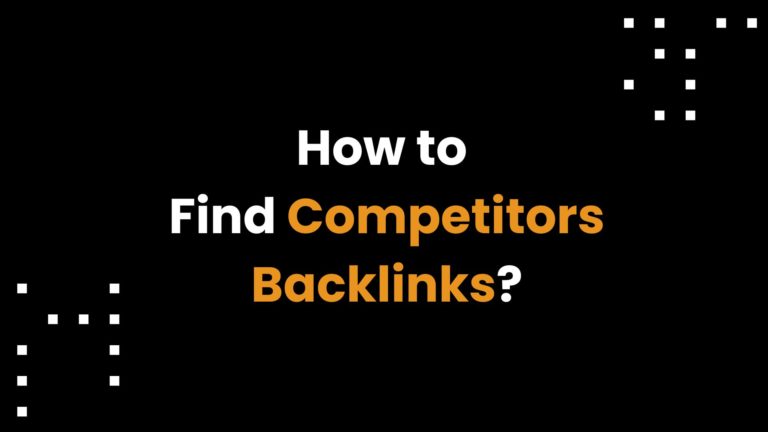Mistakes happen to the best of us, and the world of link building is no exception. In this blog post, we’re about to reveal the not-so-perfect side of some seasoned link builders.
From misguided strategies to overlooking essential details, these tales of trial and error remind us that even the pros can stumble on their journey to mastering the art of link building.
And we can promise that you’ll walk away with actionable insights and a greater appreciation for the importance of learning from at least some of their mistakes.
#1 Acquiring Low-Quality Links through Link Farms
One of the most damaging link building mistakes is acquiring low-quality links by guest posting on link farm websites. Alanna Gerton, Founder at lanagerton.com, shared her experience with this error: “After falling victim to a common mistake – acquiring low-quality links by writing a guest post for a site that is essentially a link farm – I’ve learned this the hard way.”

Alanna noticed a steep drop in her website’s search rankings and quickly took action to minimize the damage. She removed the links, disavowed any remaining ones, and implemented a quality-focused link building strategy. This approach paid off, as she explains: “My website regained its lost search visibility and achieved even higher rankings than before, showcasing the power of a quality-focused link building strategy.”
Key takeaway: Always prioritize quality over quantity in link building to avoid the costly consequences of acquiring low-quality links from link farms.
#2 Failing to Develop a Comprehensive Link Building Strategy
A common mistake in link building is not having a comprehensive strategy that includes thorough research, relationship building, and staying up-to-date with industry trends. Sharon Heather, Business Development Director at EasyMerchant, shares her insights: “Link building can be a tricky task and we have definitely faced our share of mistakes along the way. We have learned to minimize risks by developing a comprehensive strategy that involves conducting thorough research on the website’s credibility, relevance, and authority.”

Focusing on building a diverse and relevant link profile, avoiding black hat tactics, and establishing strong relationships with website owners and publishers, Sharon and her team have successfully secured high-quality links. She also emphasizes the importance of keeping up with industry trends, stating, “Additionally, it’s essential to keep up-to-date with the latest industry trends, as search engine algorithms are constantly evolving.”
Key takeaway: Develop a comprehensive link building strategy that includes research, relationship building, and staying informed on industry trends to ensure long-term success and avoid costly mistakes.
#3 Relying on Generic Responses and Lacking Actionable Insights
A major link building mistake is using generic responses in outreach efforts and not providing valuable data and insights to support your claims. Dan Gray, CEO of Vendry.io, reflects on this mistake: “The biggest mistake we’ve made related to link building is making our responses too generic and not relying on valuable data to provide real actionable insights.”
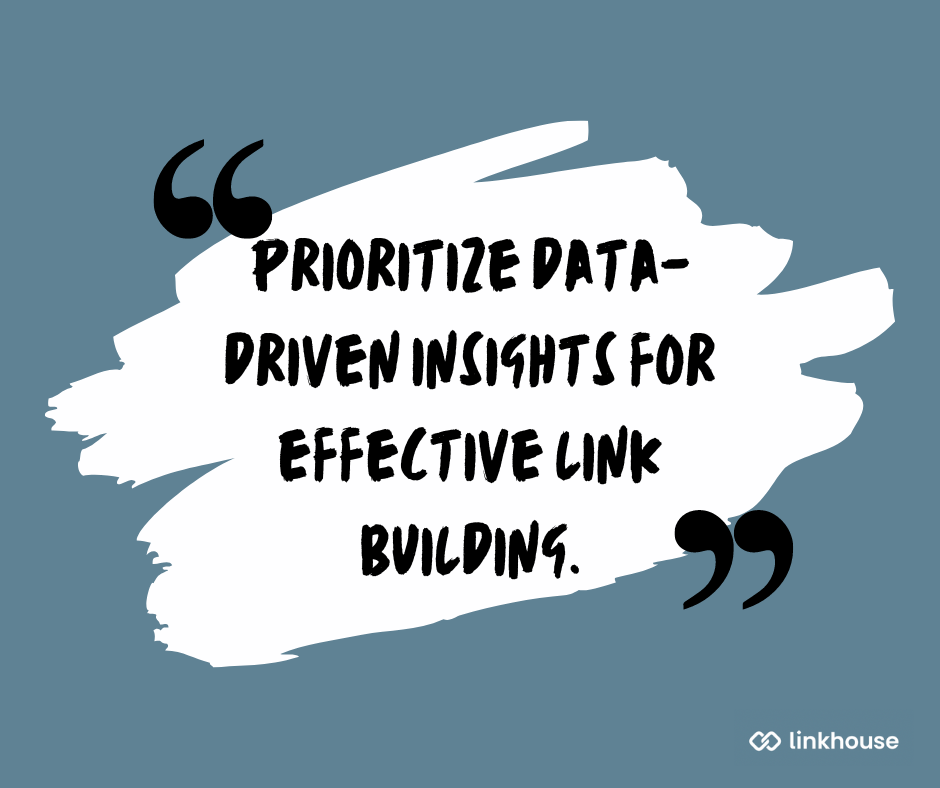
Dan and his team realized that leveraging their wealth of experience, case studies, and statistics from working with clients would lead to more successful link building. By sharing this valuable information, they have seen significant improvements in their outreach efforts, as Dan explains: “By providing case studies and statistics on specific tests, we have found that we are getting much more traction on our link building efforts.”
Key takeaway: To enhance link building success, avoid generic responses and focus on providing actionable insights backed by data, case studies, and relevant examples.
#4 Neglecting Leadership Buy-In for Data-Based Projects
A significant link building mistake is failing to obtain leadership buy-in for data-based projects, which may lead to wasted resources and potential damage to your company’s reputation. Freelance SEO Content Writer and Outreach Specialist, Aleksandra Beka Jovicic, shares her experience with this issue: “The topic was somewhat controversial, and the person that reached out wasn’t happy that the company was taking such a strong stance on that certain topic. Right when we were about to get some links, the entire research was pulled.”

This situation resulted in not only the removal of the project but also the need to contact every journalist working on the article and request that they pull their coverage as well. Aleksandra learned a valuable lesson: “An important lesson I learned from this project is that it’s super important for stakeholders to be aware of the projects that are in progress, and to make sure that everyone’s on the same page.”
Key takeaway: Ensure stakeholder awareness and obtain leadership buy-in for data-based projects to prevent wasted efforts and potential reputation damage.
#5 Overestimating Direct Links and Ignoring Internal Linking Strategy
Two critical link building mistakes are overestimating the value of direct links for specific pages and neglecting internal linking strategies. Nikola Roza from nikolaroza.com shares his experience with these errors: “Instead of trying to boost the authority of my domain as a whole, I persistently built links to just a few valuable pages… The agony ended after I deleted those pages, lost the links I had built, and started anew.”
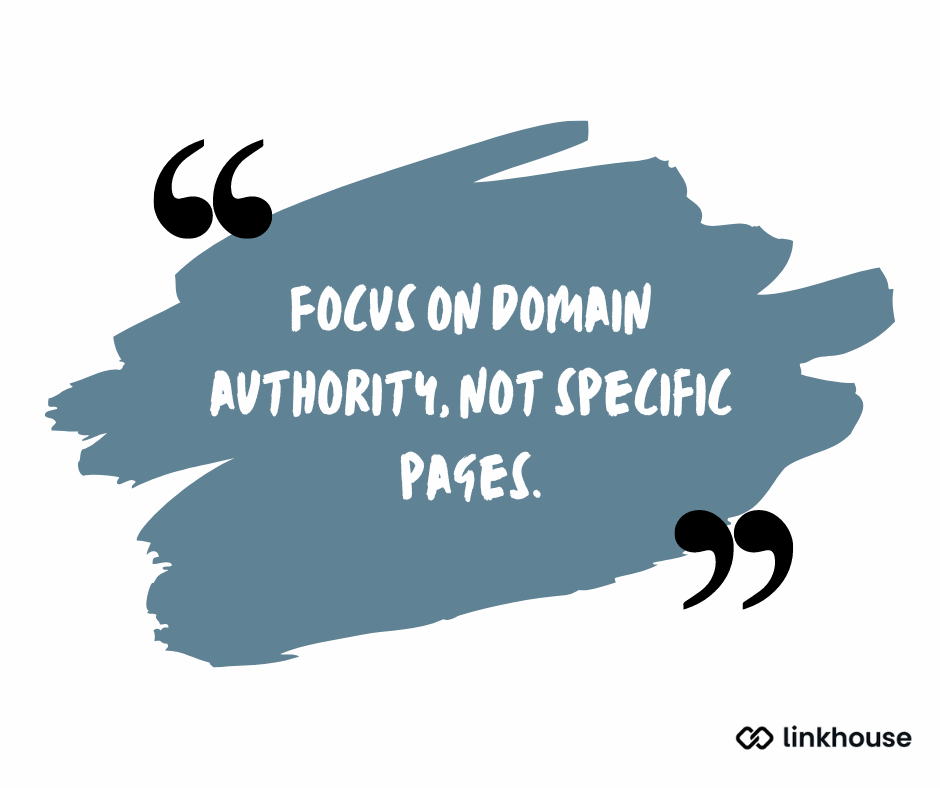
Additionally, Nikola realized the importance of internal linking: “I sort of knew the value of internal links for relevance and PageRank flow, but I neglected to use my knowledge and ended up with a blog with subpar internal PageRank utilization.” This lack of internal linking strategy cost him potential Google rankings.
Key takeaway: Focus on boosting domain authority holistically and prioritize a strong internal linking strategy to optimize PageRank utilization and improve overall search rankings.
#6 Neglecting to Customize Your Outreach
A common link building mistake is neglecting to customize your outreach efforts, which can lead to impersonal and ineffective communication with potential link partners. Personalizing your outreach is crucial for establishing connections and increasing your chances of securing high-quality links. Edlyn Collanto, B2B Marketing Research Specialist at UpCity, advises: “Learn as much as you can about your usual outreach character as if they were your customers.”
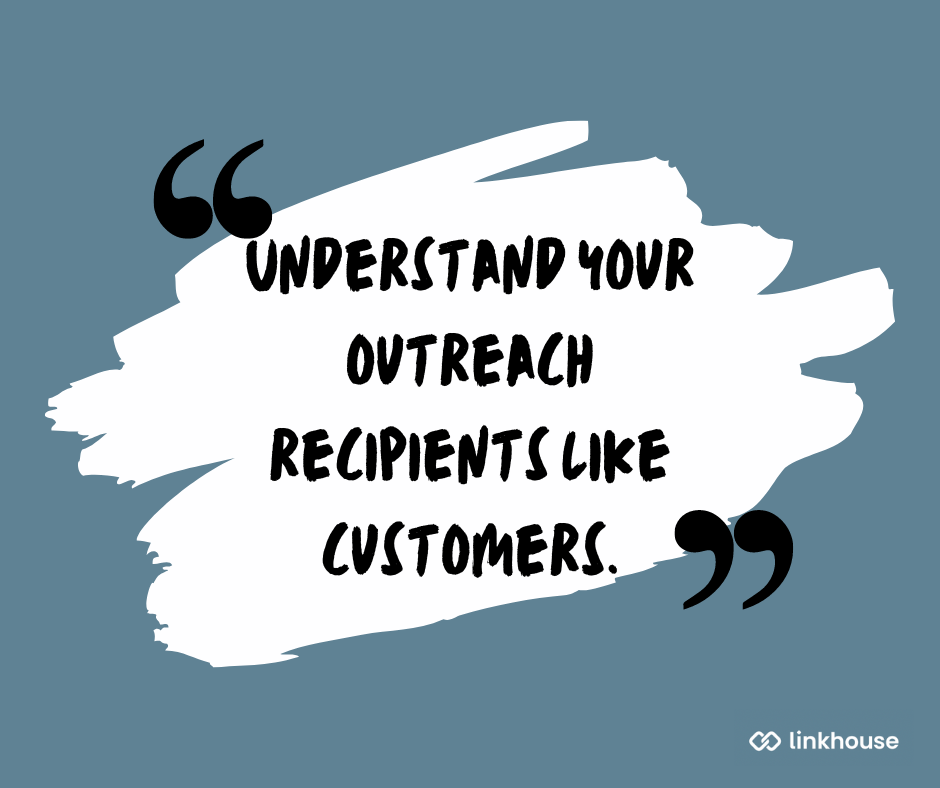
To improve your outreach success, invest time in understanding your target audience, their interests, and their needs. This will allow you to tailor your communication, making it more relevant and engaging, and ultimately increasing the likelihood of forging valuable relationships with other websites and securing valuable backlinks.
Key takeaway: Customize your outreach by understanding your target audience and treating them like customers to improve the effectiveness of your link-building efforts.
#7 Failing to Build Connections
One significant link building mistake is failing to establish genuine connections with potential link partners. Matthew Ramirez, serial entrepreneur, Forbes 30 under 30 alumni, and CEO of Rephrasely, emphasizes the importance of personalizing your outreach: “If you’re approaching a website owner to link to your article and you don’t even mention their name, you’re already losing a massive opportunity to engage and inspire them.”
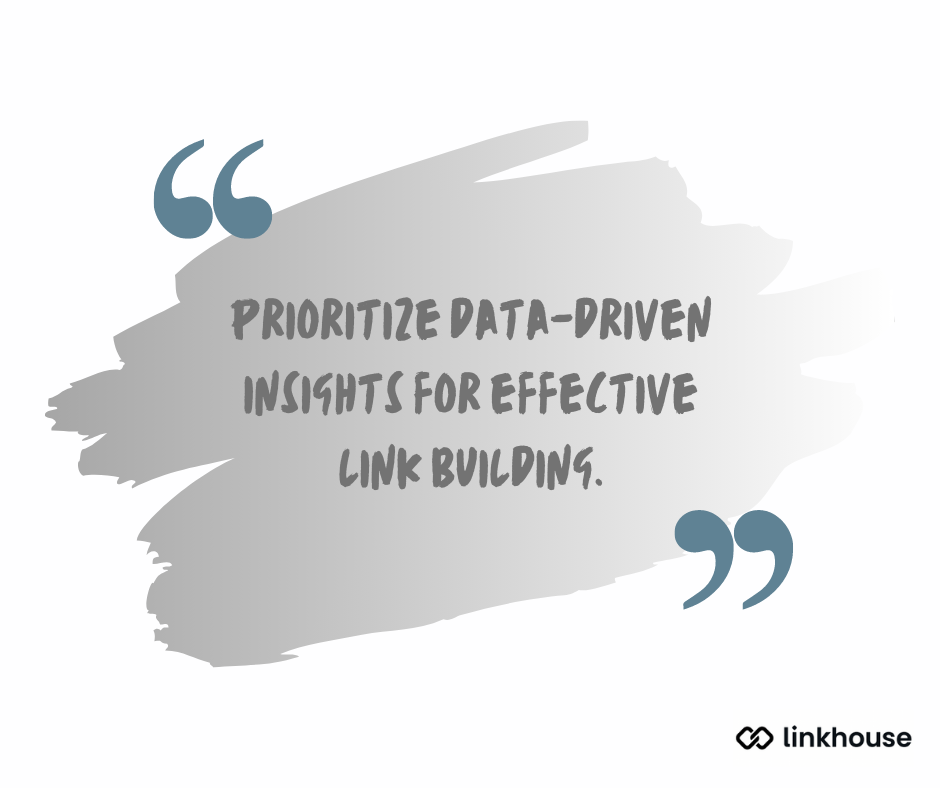
Matthew suggests researching the interests of the website owner or finding common ground to start the conversation, making them more personally invested in your email and more likely to respond. Establishing a genuine connection can greatly increase your chances of securing valuable links for your website.
Key takeaway: Personalize your outreach efforts by addressing the recipient by name and establishing genuine connections to improve the success of your link-building campaign.
#8 Not Leveraging Freelance Writers to Acquire Backlinks
A unique and effective approach to gaining backlinks is connecting with freelance writers on platforms like LinkedIn. Josh Cremer, CEO of Red Fox Visual, shares his agency’s secret weapon for acquiring backlinks: “Our secret weapon to acquiring more backlinks? Connecting with freelance writers on LinkedIn. By building relationships with these talented professionals, you open the door to being quoted in their articles and expanding your reach.”
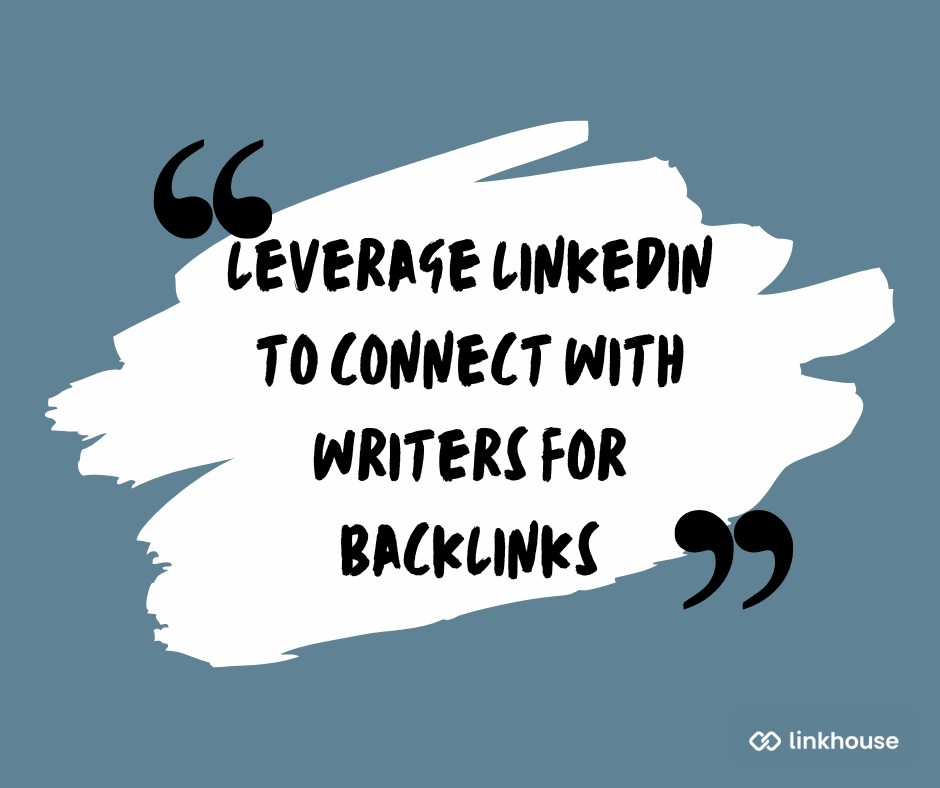
By engaging with freelance writers, sharing insights, and offering valuable information for their articles, you create opportunities for earning backlinks naturally. Josh highlights the power of relationships and connections in a successful marketing strategy, citing a recent instance where they were quoted by Buffer due to a connection with a freelancer.
Key takeaway: Build relationships with freelance writers to unlock opportunities for being quoted in their articles and earning valuable backlinks for your website.
#9 Failing to Set Relevancy Parameters for Backlinks
Another common mistake when approaching link building is not setting relevancy parameters for the backlinks you are seeking. Claudia McKenzie, Content Marketing Manager for Orange Line, a digital marketing and consultancy agency in Sydney, highlights the importance of deciding on the niche-relevance of backlinks: “One such mistake is not deciding on the relevancy of the backlinks to your niche. This can be a sneaky mistake that can cause trouble down the line if not addressed properly.”
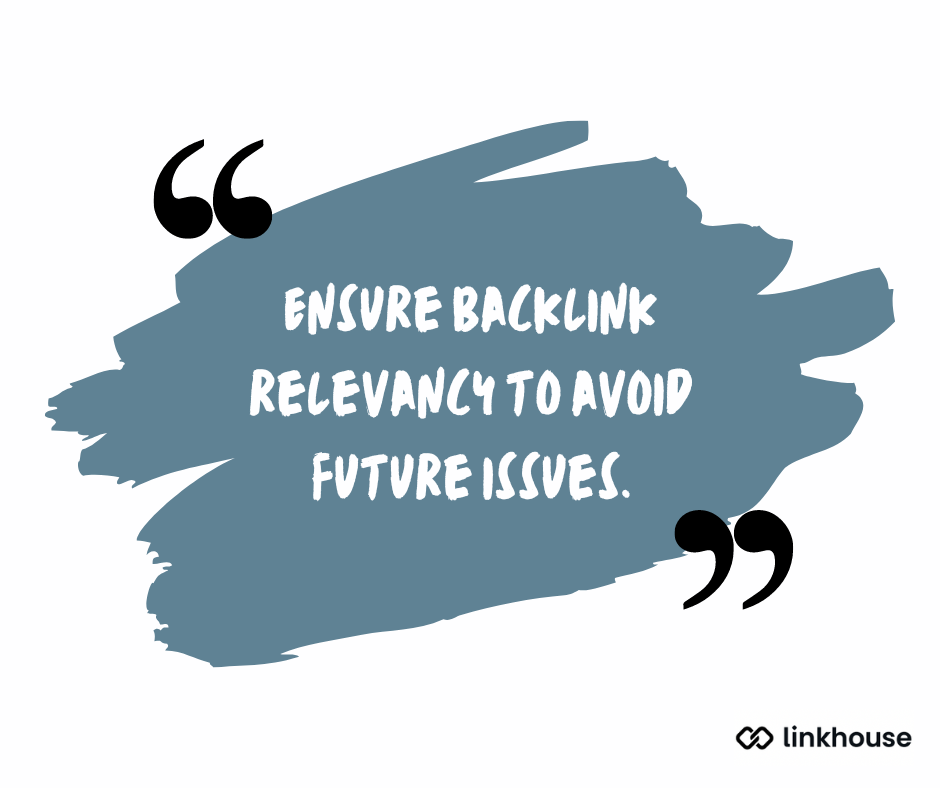
While non-niche-specific backlinks can help diversify your backlink profile, increase your site’s visibility, and potentially connect you with high-ranking sites, it’s essential to strike a balance between these benefits and the importance of niche-relevant backlinks that strengthen your industry standing. To avoid this common mistake, carefully consider the relevancy of the backlinks you pursue.
Key takeaway: Set relevancy parameters for backlinks and consider the balance between niche-relevant and non-niche-specific backlinks to optimize your link-building strategy.
#10 Misallocating Resources on a Narrow Target Group
A link-building mistake that might seem promising initially can lead to disappointing results. Michal Jonca, Outreach Specialist at PhotoAiD, shares their experience of misallocating resources by focusing solely on educational websites: “We sent over 4,000 emails and engaged eight people for two weeks, which resulted in only nine backlinks.”
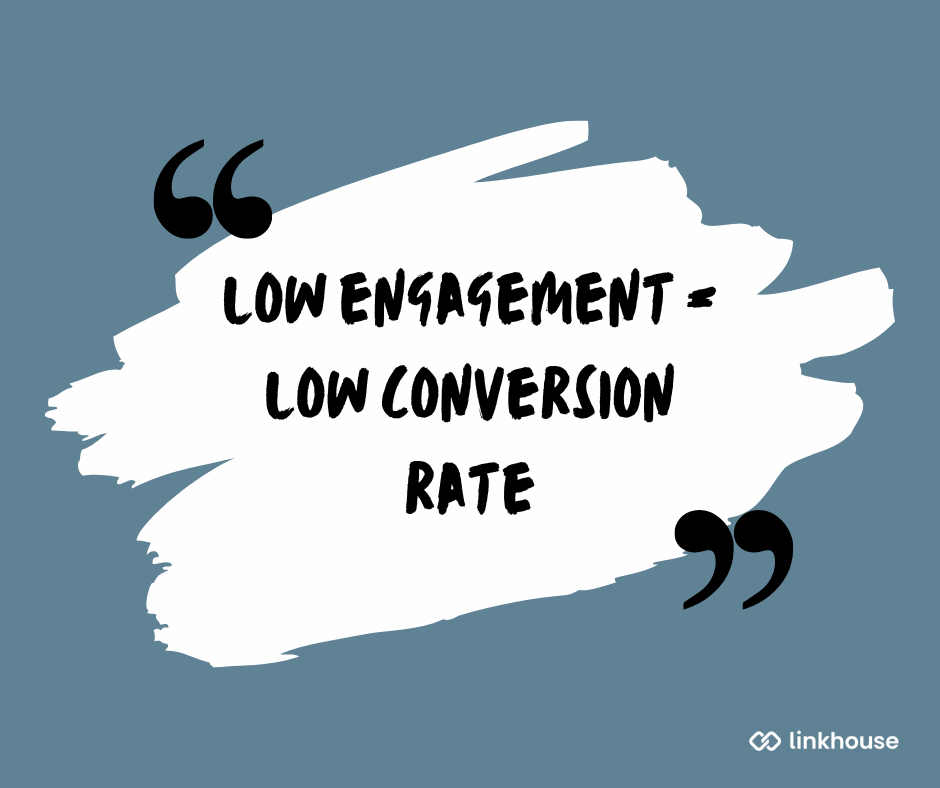
This mistake stemmed from not taking into account the unique challenges of targeting university websites, where each change often requires multiple layers of authentication. Learning from this error, Michal’s team began to carefully research and test their ideas on smaller samples before investing significant resources into a particular strategy.
Key takeaway: Before committing substantial resources to a link-building tactic, conduct thorough research and test your ideas on smaller samples to avoid focusing too narrowly on a specific target group.
Over to you
Let’s face it: nobody is immune to making mistakes. But the real key to success lies in learning from those errors and growing stronger as a result. With understanding and reflecting on the challenges that even experienced link builders have faced, you’re now better equipped to sidestep similar pitfalls in your own journey.
However, if you’d rather not take any chances with your link building strategies, why not rely on the expertise of a trusted partner?
Avoid the trial and error process and let us guide you towards success in your link building efforts. Visit Linkhouse.net now and discover how we can support your SEO goals while minimizing the risk of link building mistakes.








